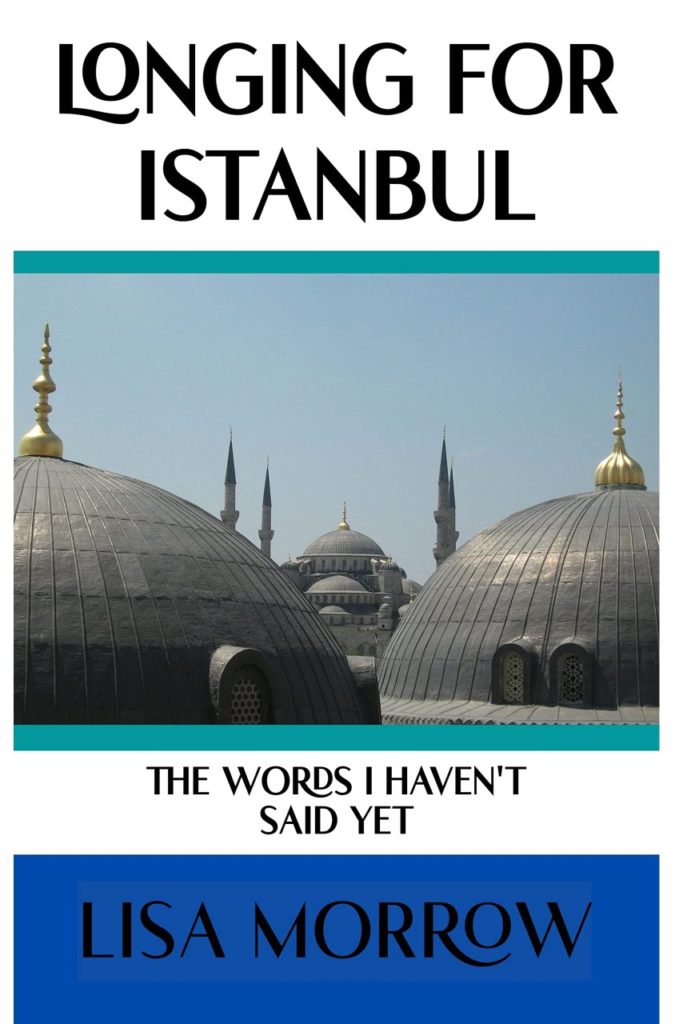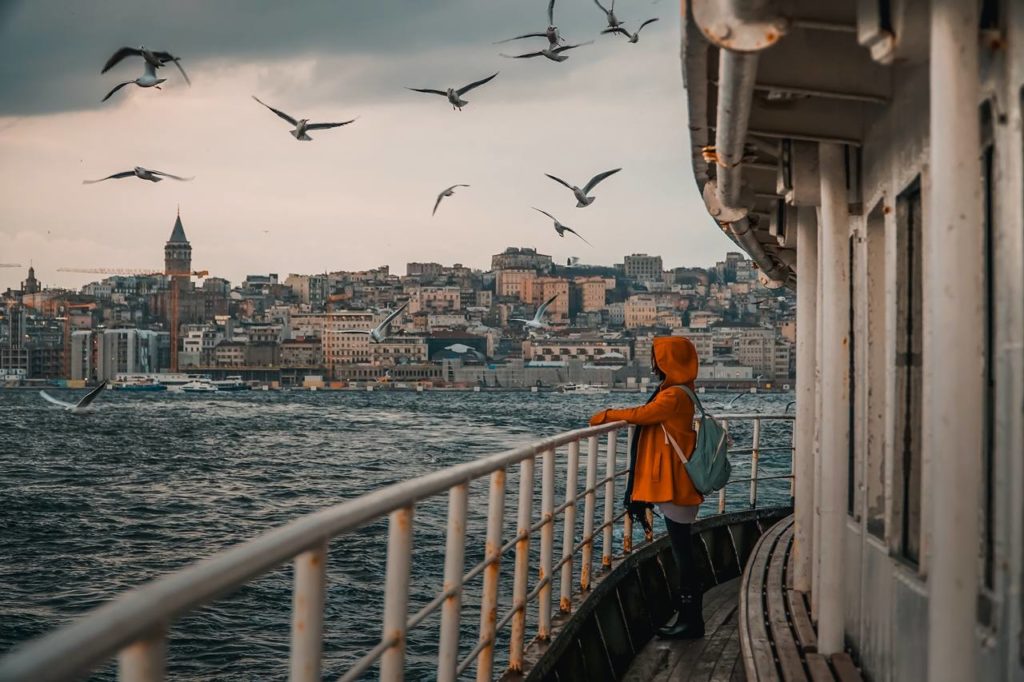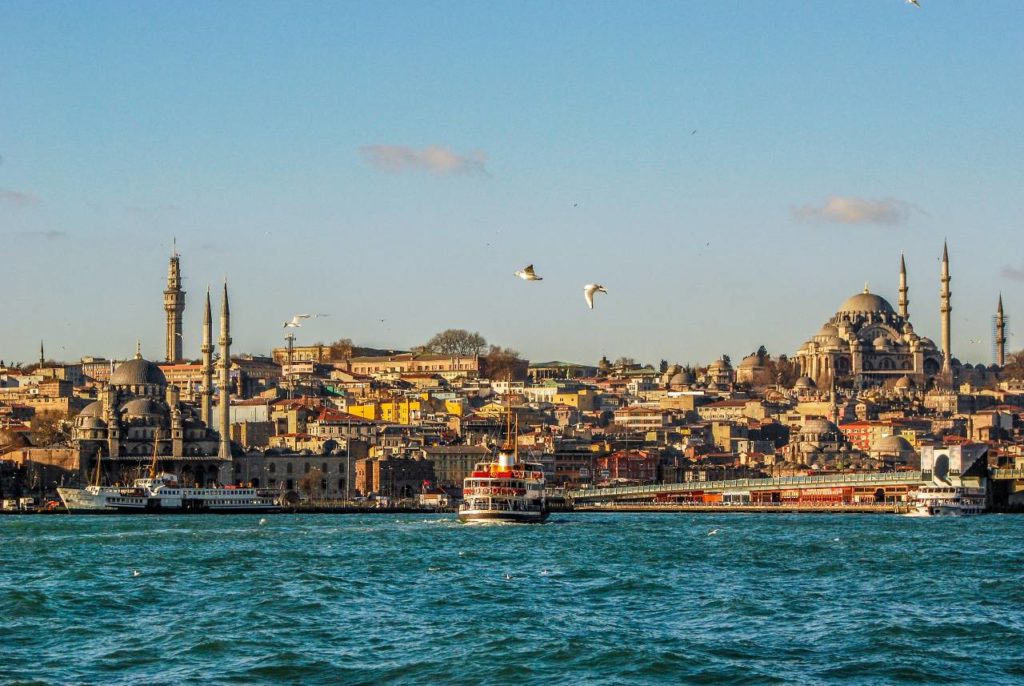Longing for Istanbul doubles as a sociological reflection on modernization processes in Turkish culture and a personal memoir that articulates what it means to be a long-term expat, a feeling that will no doubt resonate with many readers of Yabangee. Lisa Morrow, an Australian-born author, sociologist, and travel writer has spent significant time living in Turkey and her deep understanding of Turkish society is clear. Morrow flexes her sociology training as she offers an account of the challenges and culture clashes that life in Istanbul brought her, and reflections on how challenges she faced personally are reverberations of larger changes in Turkish society and culture. Morrow remains humble from the beginning, however, stating in the introduction “I’m almost certain I’ll forever live on the edges of Turkish culture and society in some ways, intuiting but not quite clearly grasping everything that’s going on around me.” In this way, she brings a refreshing cultural humility and self-awareness as she contemplates her place in Turkish society as a Western woman.

Longing for Istanbul is made up of eleven essays covering topics that range from contemplations on religious-secular divides in Turkey to narratives about triumphs in Turkish language learning. Anyone who has spent time travelling off the beaten track in Turkey will recognize their own experiences in her essay “Almost there,” in which Morrow takes the reader on a surreal hitchhiking journey with overbearing hosts. In “Cut from the Same Cloth (or Not?),” she explores brushes with cultural differences and misunderstandings in attitudes about sex and relationships in Turkey and the confusing space that Western woman expats can occupy in a society built around the family unit. Examining impacts of globalization and urban development in Istanbul, her essay “Rising to the Challenge” details how crafty building developers upended her residence in Istanbul and serves as a further reflection on cultural variations in perceptions of the future and planning.
Rather than a dense academic analysis, reading Longing for Istanbul feels like talking to a friend. As an outsider who has encountered many of the cultural differences mentioned by Morrow, her observations resonated with me. Despite defining everything from memleket to inşallah, Longing for Istanbul is written with the assumption that the reader has a baseline knowledge of Turkish politics, history, and society. While those raised in Turkish society may also find Morrow’s observations insightful and enlightening, Longing for Istanbul is best suited for outsiders who have some knowledge of Turkey or have spent time in Istanbul.

At the same time, Longing for Istanbul can also offer lessons for those who may have misconceptions about Turkey. Morrow breaks down initial Western perceptions of Turkish society and rejects tired paradigms of Istanbul as a point of convergence for the East and the West. At one point, she unpacks the misunderstanding that can often occur when Western visitors come to Turkey as tourists and see covered women in tourist areas. She points out that contrary to what Western tourists may assume, these women are often tourists themselves, coming from other nearby Muslim-majority countries. Morrow is uniquely positioned to point out these paradoxes in Western interactions in Turkey as a Western woman with a deep understanding of Turkish society.
Morrow’s perspective as an outsider is both an advantage and disadvantage as she walks us through her interactions with nuances of Turkish culture. As someone who has also spent a significant amount of time attempting to grasp and unravel the web of Turkish politics, history, and societal relations, I found her honesty about not fully understanding Turkish affairs refreshing; it is more common to find outsiders who frame themselves as regional experts. Morrow’s immersion as an outsider who can see Turkish culture in relation to others gives her the ability to pinpoint nuances of Turkish culture, including the articulation of Turkey as an oral culture. While her stance as an expat allows her to make more acute observations about changing Turkish society, it also limits the analysis Morrow is able to do. She pays lip service to this throughout the book; while acknowledging the trauma that living through the Turkish coup caused her, she recognizes that unlike most Turkish citizens, she still had the choice to leave. However, in this way, readers of Longing for Istanbul will be limited in the way that they understand monumental events in recent Turkish history and their impacts on Turkish citizens. Rather than an academic guide to Turkish politics, history, and culture, Morrow’s book should be read more as a personal memoir with sociological observations sprinkled throughout.

Perhaps the highlight of the book is Morrow’s skillful and nostalgic descriptions of daily life in Istanbul. The communal nature of Turkish culture is celebrated in the vignettes of day-to-day interactions she observes, including an instance of an older woman on the ferry who allowed a stranger to apply eye drops for her. Her descriptions of public transportation in Istanbul as a “microcosms of cooperation,” make magic out of something quotidian for those living in Istanbul and underline the communal nature that runs through the veins of daily life in Istanbul. Longing for Istanbul is a love letter to these idiosyncrasies make Istanbul extraordinary, but is careful not to romanticize life in Turkey as it is currently. Using her own experiences as a guide, Morrow adeptly reflects on the current political and social climate in Turkey and paints an original picture of Istanbul that will leave its readers longing for the city as she experiences it.
‘Longing for Istanbul’ is available for purchase via Amazon in both paperback and e-book. Keep up with the writings of author Lisa Morrow and explore her other works via https://www.insideoutinistanbul.com/.










Thank you for the pointer to Lisa Morrow’s books. I almost became an expat, after being a student at Robert College 1964-1966. Those were the most important two years of my life, and “longing for Istanbul” describes my current state of mind exactly.
My wife and plan to visit Istanbul in May, just after Şeker Bayram, staying 2 weeks in a flat in Galata. Çok heyecanlıyız!